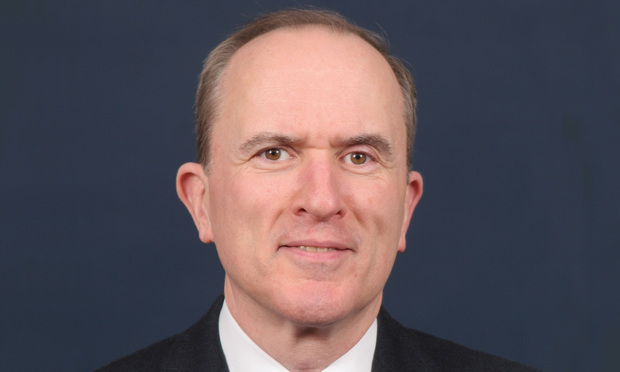The U.S. Supreme Court recently issued a decision that is likely to prompt some states to review the makeup of their professional licensing boards. North Carolina State Board of Dental Examiners v. Federal Trade Commission1 involved unusual facts, and as the dissent points out, the court’s decision has left many questions unanswered.
Background
North Carolina’s Dental Practice Act provides that the state’s Board of Dental Examiners has authority to regulate the practice of dentistry. Six of the board’s eight members must be licensed, practicing dentists who are elected by other licensed dentists in North Carolina in elections conducted by the board. The seventh member is a licensed dental hygienist elected by other licensed hygienists, and the eighth member represents consumers and is appointed by the governor. Board members swear an oath of office and must comply with the state’s Administrative Procedure Act and Open Meetings Law. The board is authorized to promulgate rules and regulations governing the practice of dentistry within the state.
This content has been archived. It is available through our partners, LexisNexis® and Bloomberg Law.
To view this content, please continue to their sites.
Not a Lexis Subscriber?
Subscribe Now
Not a Bloomberg Law Subscriber?
Subscribe Now
LexisNexis® and Bloomberg Law are third party online distributors of the broad collection of current and archived versions of ALM's legal news publications. LexisNexis® and Bloomberg Law customers are able to access and use ALM's content, including content from the National Law Journal, The American Lawyer, Legaltech News, The New York Law Journal, and Corporate Counsel, as well as other sources of legal information.
For questions call 1-877-256-2472 or contact us at [email protected]



